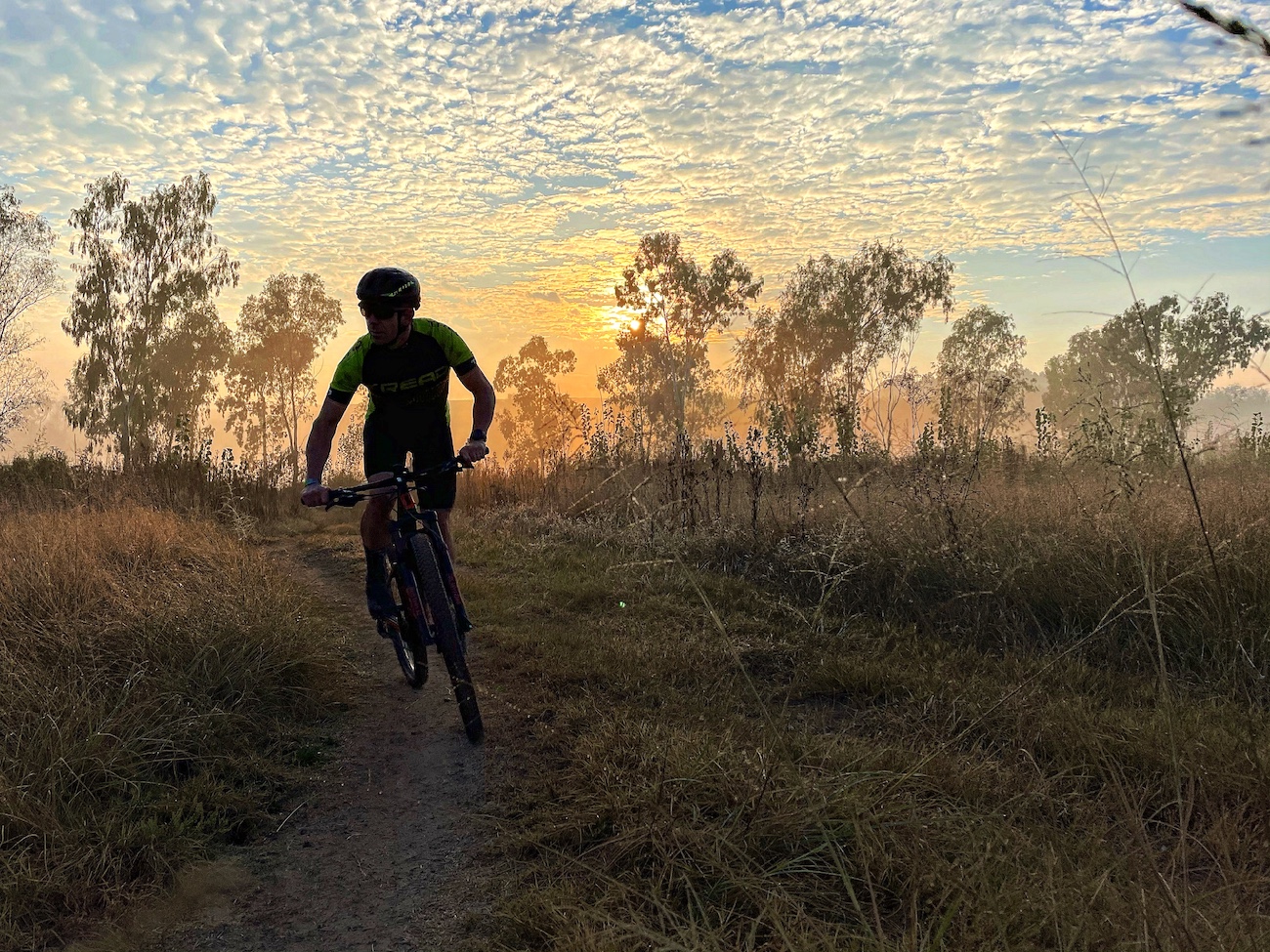It’s becoming more and more noticeable that there’s a significant focus on mountain bike skills improvement in South Africa, predominantly among beginner and intermediate mountain bikers. But for some, the focus has become an obsession to the detriment of their riding enjoyment. Sean Badenhorst explains where you should draw the line.
As it has evolved over the past 30-odd years, mountain biking in South Africa has gone through many phases. In 2010, I noticed a distinct lack of technical riding ability in a fast-growing market and used my riding experience along with my ability to communicate, to launch TREAD Skills.
These were skills clinics that were focused on Introductory Skills and Intermediate skills. The clinics lasted about 3-4 hours each and had 4-8 pupils each. The Introductory Clinics were popular and the Intermediate Clinics less so. I explained the various elements required for control, demonstrated them; and then guided the ‘pupils’ through them.
Some were fast learners and some weren’t. Some were able to ace cornering but struggled with descents and others were the opposite. Very few pupils improved significantly during the clinic. The parting message was always to go and apply what they’d learned on their rides and during their races. Occasionally, someone would book a few private lessons to improve a particular weakness. But very occasionally.
Riding is the fun part of mountain biking. Just riding. Confidence always helps when you reach some rocks or a loose-surfaced flat corner or a drop-off. And there is a higher volume of singletrack trails and more technical trail options these days. There are also loads of skills instructors these days, maybe too many as I observed here. I think it’s great that mountain bikers want to improve their confidence and become more skilled, but I have noticed that for some, it’s become an obsession.
Obsession is a strong word, but I feel it’s appropriate here. If you aren’t improving a certain skill, there are two likely reasons: 1. Your instructor isn’t equipped to help you progress; 2. You may simply not have the ability.

We all would love to jump effortlessly, make gnarly rock gardens look tame and glide through corners swiftly. A good skills coach should not only be able to demonstrate good technique and/or speed, but should be able to effectively explain to you what to do. And, perhaps more importantly, what not to do.
Remember PE classes at school? Some kids were naturals and others weren’t. Those that weren’t tried and tried and tried and somehow still couldn’t quite look composed. Well, those kids aren’t just going to become masterful mountain bikers. Some may. Some kids struggle with ball sports, but become incredible bicycle riders. Top ball-sports kids sometimes struggle to become highly competent mountain bikers.
The point I’m making is that just because you want to ace something on a mountain bike, doesn’t mean that you will. Sure, you can reach a point of progress with a skills coach, but skills coaches can only do so much. While we may all have high levels of passion for mountain biking, we don’t all have the same potential. For some, an inability to trust the bike, the trailbuilder and physics are barriers and for others, lack of power, or strength or coordination are barriers. Whether its psychological or physical, you must at some point accept that you may just not be able to progress further in that particular skill. What should you do? Accept it and just go and ride.
By spending hours and hours on skills training, you’re sacrificing fitness and strength that come with just riding – especially if you’re not improving much in your skills. When you just ride, you come across obstacles that you need to conquer and you ideally should be able to apply what your skills coach taught you and conquer those obstacles, or simply know that is a weakness and you just get off, push your bike a few metres, get back on and just ride more.
Just riding allows you to enjoy that act of propelling your bike and controlling it while breathing in fresh air and appreciating nature, your health and mobility and the privilege of owning a bicycle and having the opportunity to ride it regularly.
I used to tell my pupils to spend two 60-90-minutes sessions a month focusing on improving their skills and the rest of the time, just riding. I still advise that. Trying to master a certain skill week in and week out and not improving at it should make you stop and ponder. Either change skills coach or accept that you’re as good (or bad) as you’re going to be and stop obsessing over it. Think less, ride more…
Sean Badenhorst is a co-founder of TREAD Media and has taught over 2500 South Africans how to ride with more confidence. He occasionally still teaches skills, but prefers to spend his time just riding.


